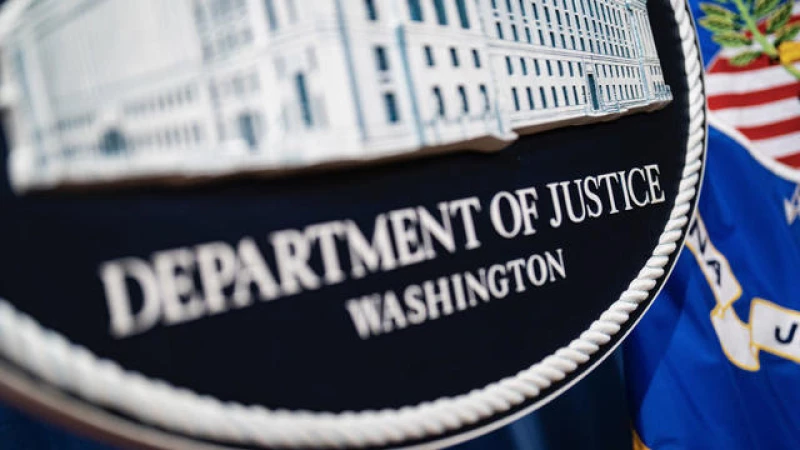Washington — Apple Inc., one of the world's most valuable and influential companies, illegally engaged in anti-competitive behavior in an effort to build a "moat around its smartphone monopoly" and maximize its profits, the Justice Department alleged in a blockbuster antitrust lawsuit filed Thursday.
In the suit brought by federal prosecutors in New Jersey, the Justice Department accused the company of using app development rules, iPhone features and hardware that customers use every day — including iMessage, Apple Wallet and smartwatches — to thwart competition and expand its business by charging higher prices.
The company employed "a series of shapeshifting rules and restrictions in its App Store guidelines and developer agreements that would allow Apple to extract higher fees, thwart innovation, offer a less secure or degraded user experience, and throttle competitive alternatives," the complaint alleged.
Specifically, investigators alleged the tech giant — which brought in nearly $400 billion last year — boxed out its smaller competitors by blocking the expansion of what are known as "super apps" that allow for multifunctional use, disrupting messaging formats and capabilities between Apple and non-Apple devices, and monopolizing the use of tap-to-pay functions on iPhones to only the Apple Wallet.
Users have long been frustrated by the discrepancies in sending messages between Apple and non-Apple products. Media quality, edit capabilities, and even the color of messages vary depending on the devices used.
Prosecutors claim that this disparity signals to users that rival smartphones are of lower quality because the messaging experience with friends and family who do not own iPhones is inferior. However, it is Apple, not the rival smartphones, that is responsible for this degraded user experience.
Apple's alleged anti-competitive practices extend beyond messaging, according to investigators. They are also accused of restricting the use of non-Apple smartwatches on iPhones and leveraging cloud streaming, location services, and web browsers on iPhones to suppress smaller competitors.
"If Apple's actions go unchallenged, the company will further solidify its smartphone monopoly," stated Attorney General Merrick Garland in a Thursday announcement. Garland is scheduled to address the issue later in the morning.
Apple is not the only tech giant under scrutiny by the Justice Department's Antitrust division. In recent years, Google has faced antitrust lawsuits during both the Trump and Biden administrations, alleging monopolistic business practices.







